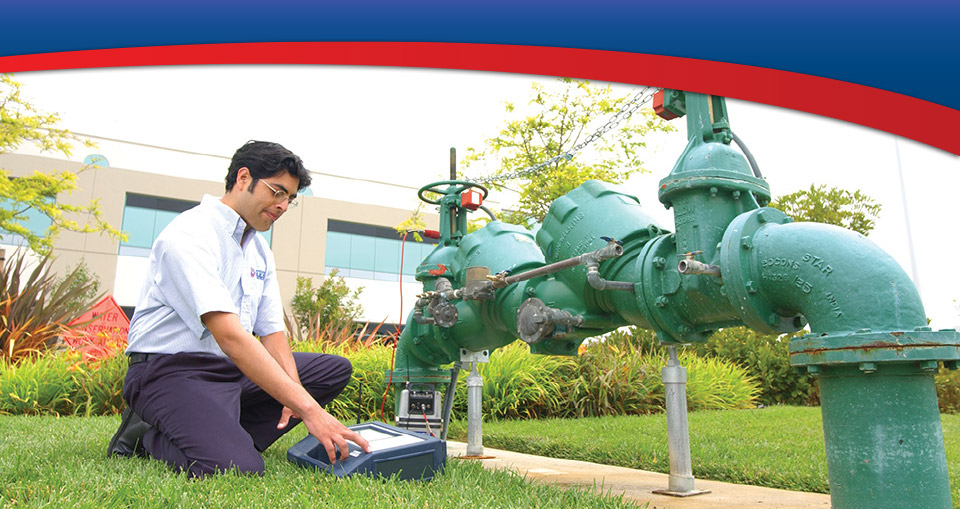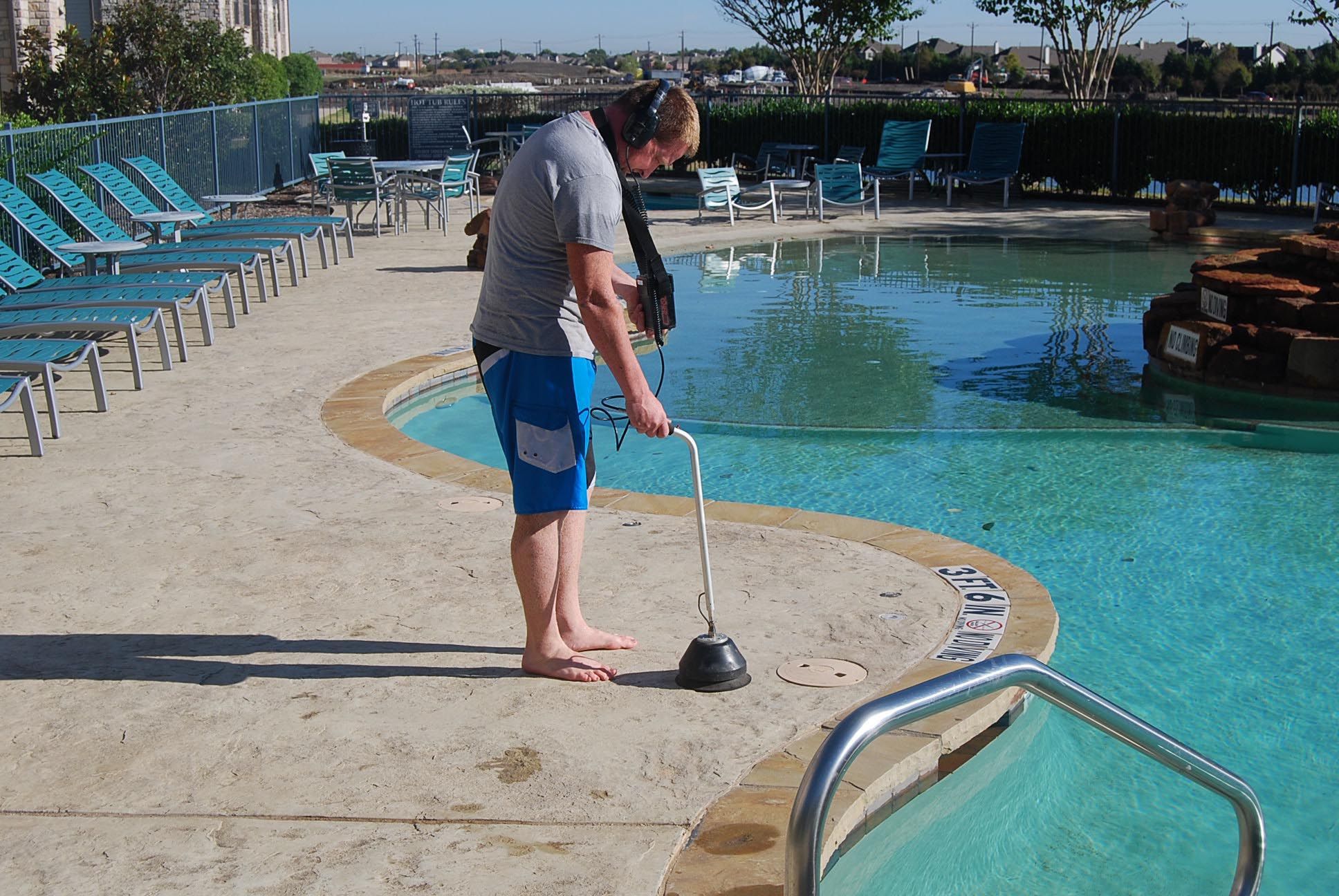Water leaks can be a nuisance, but they can also cause serious damage to your property. Water leak detection systems are designed to identify leaks and alert you before they become major issues.
In this article, we’ll cover how water leak detection systems work and why they’re so important for homeowners. We’ll also go over the different types of Water Leak Detection Melbourne systems available on the market today and what features you should look for in a good one—including ones that are made specifically for your unique needs (like those who live in high-rise buildings).
How Do Water Leak Detection Systems Work?
Water leak detection systems are designed to alert homeowners when water leaks occur. They can be installed in both residential and commercial settings, and they work by monitoring the amount of moisture in the air.
When a water leak is detected, a signal is sent to an alarm panel that then notifies you via phone or email so you can take action quickly before any damage is done. These systems are also helpful because they prevent false alarms from occurring due to condensation buildup on windows or pipes (more on this later).
Water leak detection systems have become popular among homeowners who want peace of mind knowing their home’s plumbing won’t go unnoticed if something goes wrong with it–but how exactly do these devices work? Here’s everything you need to know about how these devices function:
Benefits of Water Leak Detection Systems
There are many benefits to having a water leak detection system installed in your home. In addition to saving you money, they can help:
- Reduce water bills by catching leaks before they become major problems
- Prevent damage from flooding and mold/mildew growth in your home
- Protect the foundation of your house by preventing flooding or erosion around it
In addition, having an automated leak detection system will ensure that you never run out of hot water again!
Types of Leak Detection Systems
Water leak detection systems have a number of different components, each of which plays an important role in identifying and locating leaks. Here are the most common types:
- Pumps: These devices use electricity to pump water through pipes so that it can be used elsewhere in your home or business. They’re often used to fill swimming pools when they run out of water, for example, but if there’s ever a problem with them–like if you forget to turn off the pump before going on vacation–it could lead to serious issues like flooding! The good news is that most pumps come with built-in sensors that detect when there’s been a malfunction and shut down automatically before anything gets damaged.
- Sensors: Sensors are another common component found in many types of leak detection systems; they’re usually attached directly onto pipes near where you think there might be an issue so they can keep track of how much pressure is being exerted against them at any given moment (this helps determine whether or not something needs fixing). If something seems off about these readings over time, then chances are good that something may actually be wrong somewhere nearby–and quick action could prevent further damage from occurring!

What to Look For in a Water Leak Detection System
When you’re shopping for a water leak detection system, there are several things to look for. The most important thing is that the system you choose is reliable and accurate. You want to make sure it’s easy to install, use and maintain as well–and that it doesn’t cost an arm and a leg! Most importantly though, your new device should be able to last for years without needing repairs or replacements.
The next thing to look for is a water leak detection system that works on all types of pipes. Some systems can only be used with copper pipes, while others will only work on PVC or plastic pipes. If you’re not sure which type of pipe your home uses, it’s best to get one that can accommodate both types (copper or plastic).
Next, look for a system that works with both hot and cold water lines. This way you’ll be able to find leaks in both your hot and cold water pipes (if they’re leaking), which could save you a lot of time and money! Finally, make sure the system comes with an alarm or indicator light so that when there is a leak the detector will let you know right away.
How to Choose the Best Water Leak Detection System for You
Now that you know how water leak detection systems work, it’s time to decide which one is right for your home. There are many factors that will affect this decision. These include:
- The size of your property and how many people live there
- The age of your home (if it is older than 20 years)
- The type of plumbing in your home (brass, copper, or galvanized pipes) and whether they have been replaced with plastic PVC pipes recently
You should also consider what kind of damage would be most devastating if it happened–such as flood damage from burst pipes or water damage caused by burst appliances like dishwashers and washing machines–and choose a system accordingly.
If you have a large property and many people living there, a wireless system may be a better choice. This is because they are easier to install and can cover larger areas than wired systems. If you have an older home with copper pipes, however, you should consider using a wired system instead as they are more reliable.
If you have a home with plastic PVC pipes, it’s best to use a wireless system. This is because they are less likely to interfere with the signals in the pipes themselves than wired systems are.
Conclusion
Water leak detection systems are a great way to protect your home from costly damage. Water Leak Detection Melbourne can also help you catch leaks before they become a serious issue, saving time and money in the long run. With so many options available, it can be difficult to choose which system is best for your needs. We hope this guide has helped clarify some of those choices by explaining what types of water leak detection systems exist and how they work!

